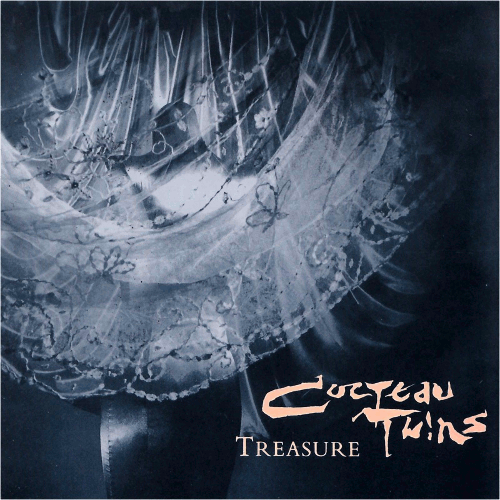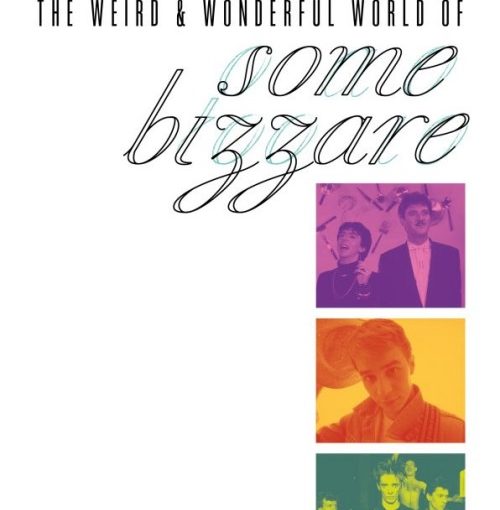 The very definition of slow-burning, Dead Neanderthals‘ début release for Consouling Sounds draws out what at first listen seems like an introduction over half the length of the CD’s single track and across the whole of one side of the vinyl edition.
The very definition of slow-burning, Dead Neanderthals‘ début release for Consouling Sounds draws out what at first listen seems like an introduction over half the length of the CD’s single track and across the whole of one side of the vinyl edition.
Otto Kokke’s blistering sax stutters asthmatically like the windpipes of a behemoth heard though a stethoscope while René Aquarius‘s percussion is brooding and barely recognisable as such.with the addition to the line-up of Maxime Petit’s bass — which occasionally could easily be confused with a light propeller plane circling low overhead — Craters oozes menace and seethes with an almost malignant yet uncaring intensity.
Which is not to mean that it could be easily mistaken for a doom album, nor for a dark ambient one, though it shares plenty of low-end affinities with those formats. If anything, the reedy keening and huffing, staccato cyclical reedwork share more in common with the extremes of (obviously) free jazz and non-western musical traditions; or perhaps those of the blind, mindless Other Gods of HP Lovecraft and their “daemon-sultan” Azathoth. Whether HPL’s gloomy scholarly adventurer and presumed fictional alter-ego Randolph Carter would have enjoyed Dead Neaderthals’ music or run from it in sanity-defying terror is debatable, but given Lovecraft’s general disapproval of all things non-WASP and generally foreign in outlook, it seems likely that he would take the latter choice rather than the former. Which is all for the better, because as Craters sweeps into its final third, the heaviness increases subtly in proportion to the descent into the atonal abyss. The heart-quaking bass sludge mires the groaning vibrations and that maddening, reedy piping into an ultimately invigorating salmagundi of unheimlich proportions. Not for Kokke, Aquarius and Petit the simple distinctions of signposted beginning, middle and end. The time between Craters‘ opening and drawing down is more a matter of transition and transformation than an easy release to satisfy any demand for closure. Instead, the termination is suitably unsignalled, and startlingly final.-Antron S Meister-



